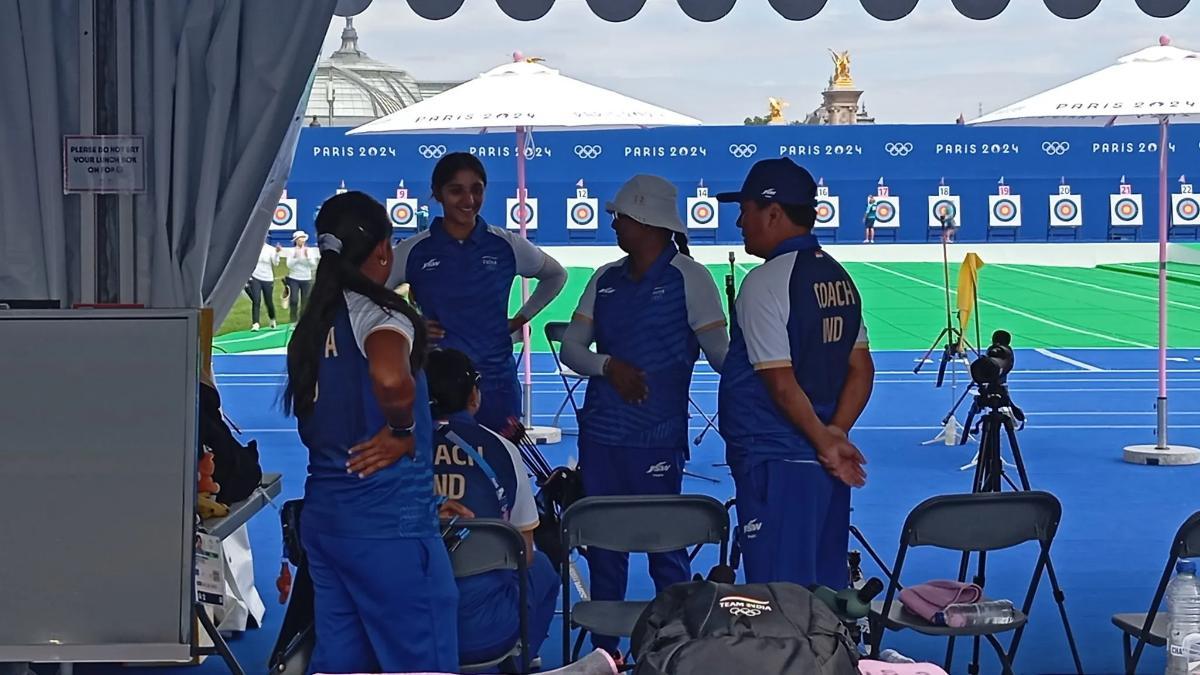As part of the biggest investment into the disability cricket program, Lord’s Taverners and the England and Wales Cricket Board (ECB) have launched a £2m partnership which will see Super1s disability cricket program launched in every county. The aim of this partnership is to improve the sustainability of table cricket, inspire social change, increase participation and empower young people to build life skills and fulfill their potential through sports.
In a press release by the England and Wales Cricket Board (ECB), Lord’s Taverners President and former England captain David Gower said, “This partnership is a true game-changer for the Taverners. This is the largest investment by a cricket board into a disability specific programme and to work with the ECB is an incredible honour. The charity’s work has proved life-changing for so many participants and we’re very excited about the opportunity to bring our work to young people in every county across the country.”
Having already had a positive impact on thousands of youth across 20 counties and Scotland, Super1s will now be accessible to all 39 counties due to the collaboration with ECB and Lord’s Taverners. Table cricket is an adapted version of mainstream cricket which is played on a table tennis table and is currently played in 357 schools by over 8,800 young people.
Nick Pryde, Director of Participation and Growth at ECB said: “We’re committed to making cricket as inclusive and diverse as possible and this partnership will be a big driving force towards that. Bringing the Super 1s to every county really will change lives. It’s a fantastic way to increase accessibility and show that cricket can be a game for everyone.”
Super1s gives young people with disabilities the chance to play regular, competitive cricket and enjoy the benefits of playing sports. This program also aims to improve their physical and mental well-being and further the development of table cricket through new programs in Worcestershire, Northumberland, Devon, Wiltshire, Bedfordshire, Hertfordshire and Cambridgeshire with the aim to become active by 2024.




